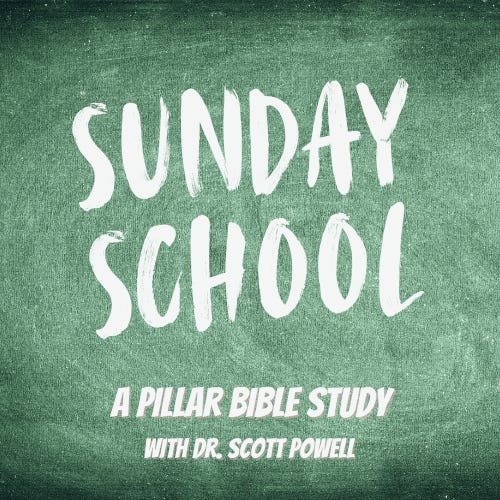The New Jersey Diocese of Metuchen launched a confidential reporting hotline for local Catholics Monday. But unlike more well-known third-party reporting mechanisms, which focus on sexual misconduct, Metuchen’s initiative is for Catholics concerned about the Church’s handling of its money.
Metuchen joins several U.S. dioceses which have launched financial misconduct reporting hotlines in recent years. The initiatives point to increased efforts to address the perennial threat of parish and diocesan financial misconduct — which, despite the headlines, many Church-watchers warn happens far more frequently than clerical sexual abuse or misconduct.
“Our hope is for people to come forward with any information about financial or ethical behavior they find questionable, and for that to happen they need to have confidence in our systems. This independent system offers that assurance.”
The Metuchen hotline, set to be administered by a third-party contractor which operates similar anonymous whistleblower mechanisms for private companies, comes two months after a local priest admitted in court to misappropriating more than half a million dollars over several years.
A steady trickle of similar instances have been reported in Catholic dioceses and other institutions in recent years.
Monsignor Kurt Kemo, the former vicar general of the Diocese of Steubenville, Ohio, was sentenced in April to prison time, after admitting that he had taken nearly $300,000 from diocesan and charitable funds, some of which he used to take flying lessons and buy clothes. Kemo’s attorney said his client’s alcoholism impacted his thievery.
In February a former comptroller of the same diocese was sentenced to 18 months in prison, after he pled guilty to paying himself and a few other employees large bonuses, and working with Kemo to falsify financial records as a cover-up.
A retired religious sister agreed in June to plead guilty to federal charges of money laundering and wire fraud, which stem from her theft of more than $800,000 over a decade from the California Catholic school where she was the principal. The sister said she took the money to support her gambling habit, and falsified records to avoid detection.
Also in June, a financial administrator at the Lubbock, Texas cathedral was arrested in Colombia, after an FBI investigation found the man had diverted more than $250,000 of cathedral funds into his own bank accounts.
A Pennsylvania priest was criminally charged after he was found in 2019 to have stolen almost $100,000 from the parish where he was assigned as pastor. The priest allegedly used some of the money to help fund the purchase of a vacation home, and gave some of the money to men he met on Grindr, according to media reports.
While cases of sexual abuse and misconduct will always garner more attention, financial problems within the Church present their own challenges at every level of the hierarchy, from the local parish to the Vatican.
In some cases, sexual and financial misconduct are found to be linked directly, with one kind of misconduct fueling the other. But even treated separately, both forms of human weakness present challenges for the Church’s efforts to protect herself as a community of the faithful and as an institution.
In the fallout of the McCarrick scandal of 2018, there was much discussion, both within the hierarchy and among Catholic observers, about the dangers of institutional deference or even mutual tolerance of misconduct. Those phenomena have often been combined under the heading of “clericalism,” which has become the watchword of ecclesiastical cultural reform in recent years.
And in Church institutions, it is rare that a person can make a report of provable misconduct, still less raise an early concern, without having to navigate a tangle of hierarchical, personal, and pastoral relationships between those involved.
Third-party hotlines, for both sexual and financial misconduct claims, aim to eliminate those potential bottlenecks.
While much of the media’s focus has been on the response to sexual misconduct scandals, the rise of financial management hotlines suggests that diocesan administrators are thinking across issues, and applying to other problems what has been learned by dealing with sexual abuse and coercion claims.
It’s worth noting that measures to address and respond to financial misconduct have mostly been implemented ahead of public crises, rather than in response, as was the case for reforms on sexual abuse and misconduct.
That proactivity may well be an indication that most Church leaders have learned the importance of preparedness and prevention from the lessons of 2002, and 2018.
Of course, some dioceses will not launch financial misconduct hotlines or similar measures until they’ve faced the fallout of local instances of embezzlement or theft. But those which don’t wait for scandal will demonstrate the emergence of a growing mentality of reform and accountability among diocesan bishops.
The extent to which initiatives like financial misconduct reporting lines gather momentum on their own, and not in response to overwhelming external pressures, is a real, if quiet, barometer of how organically cultural change is taking root in American chanceries.
Like many of the best things in the Church, it’s likely to go widely unreported upon, but a move to address financial accountability in the Church — and especially to give laypeople an easy pathway to express concerns — is worth noting.




